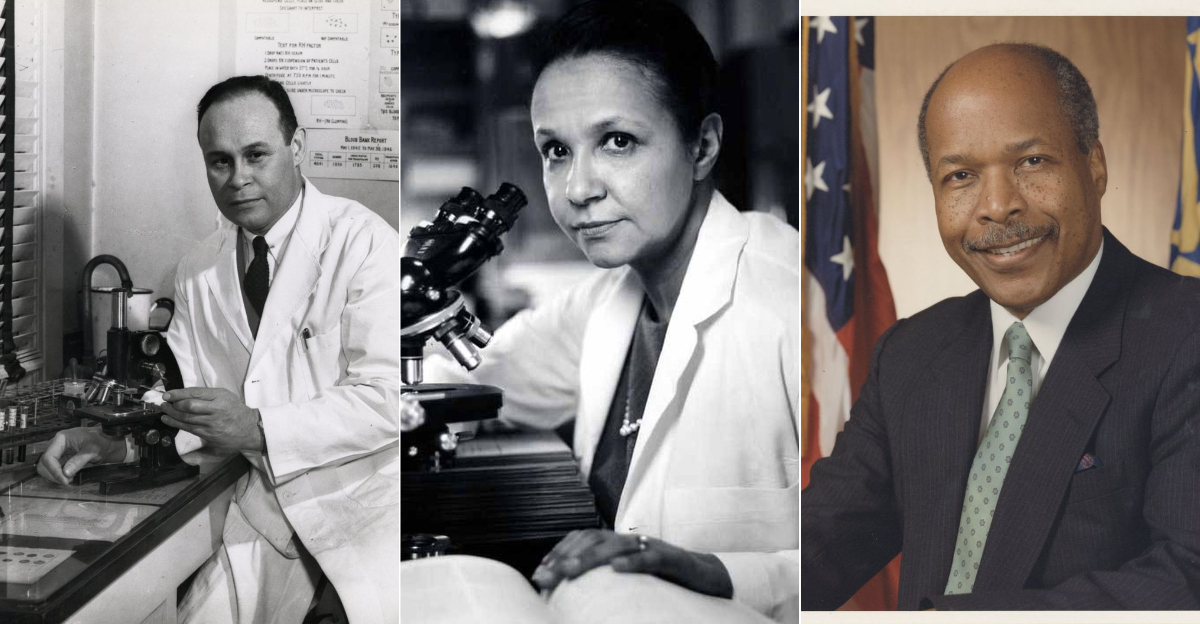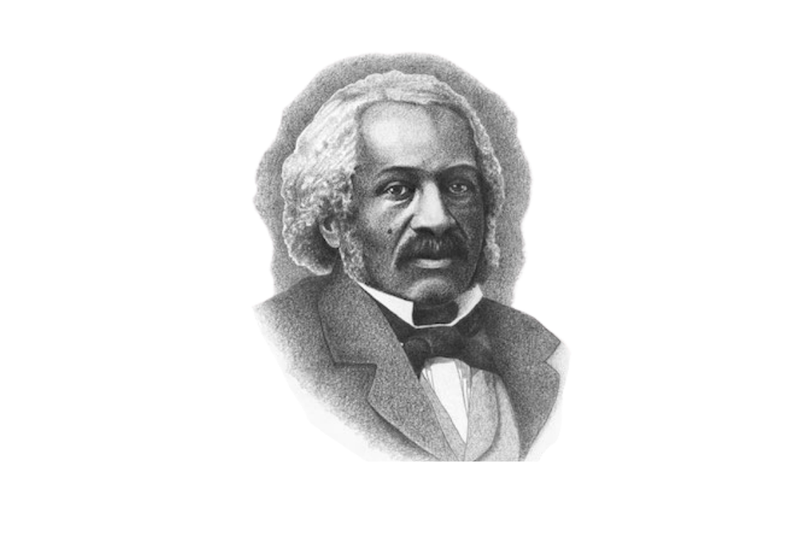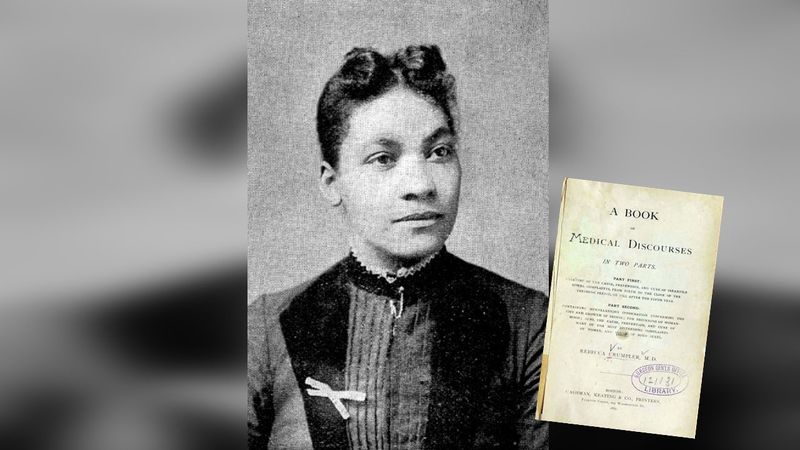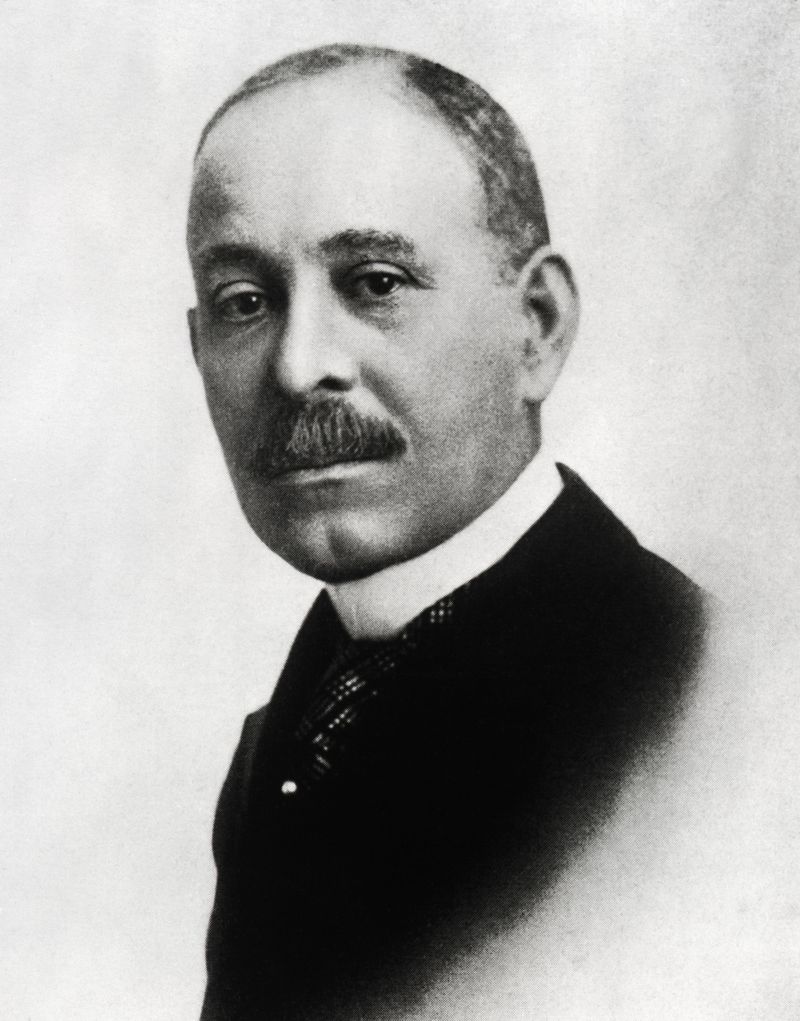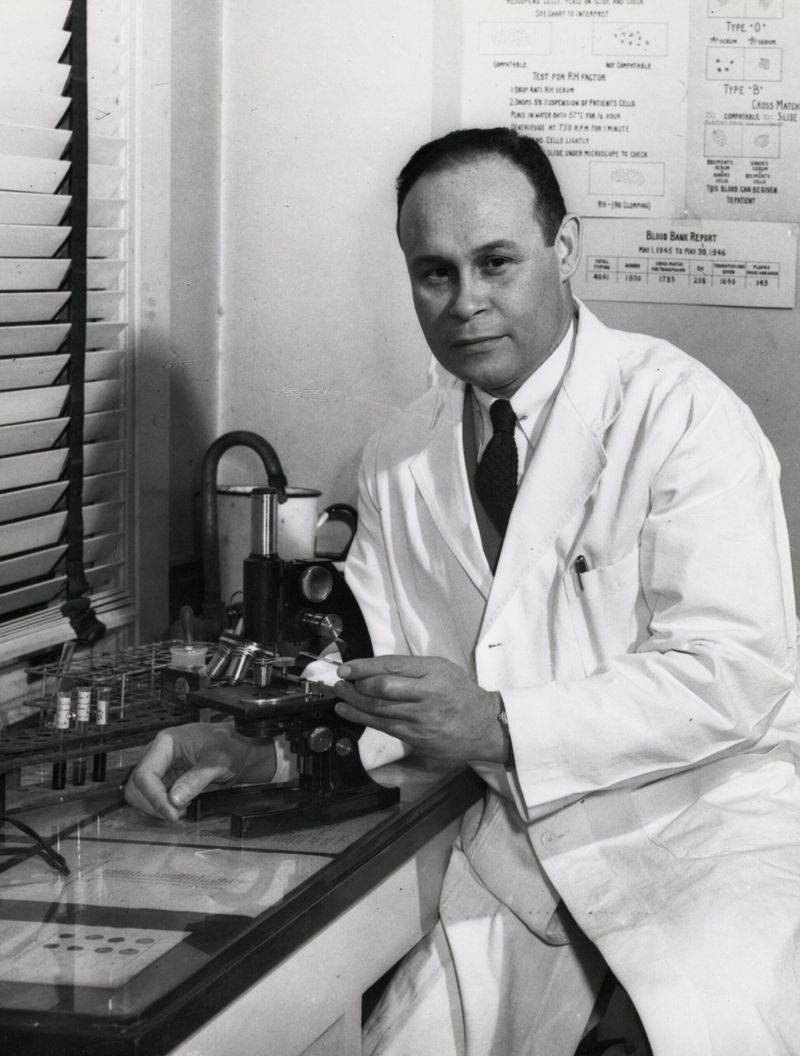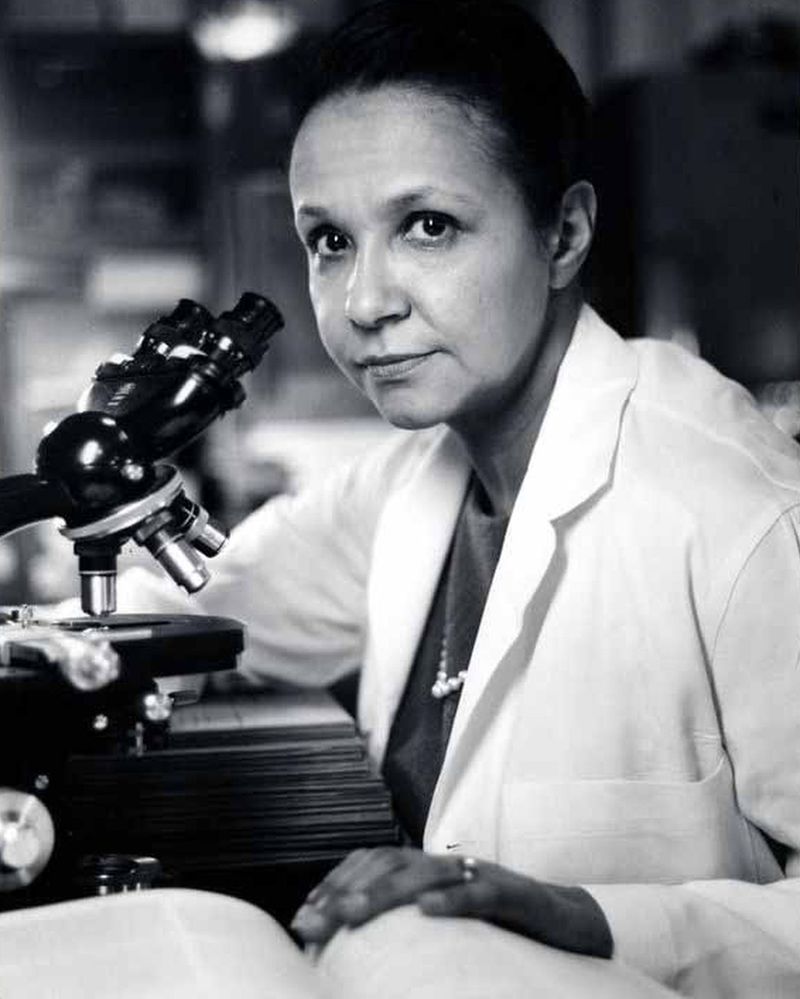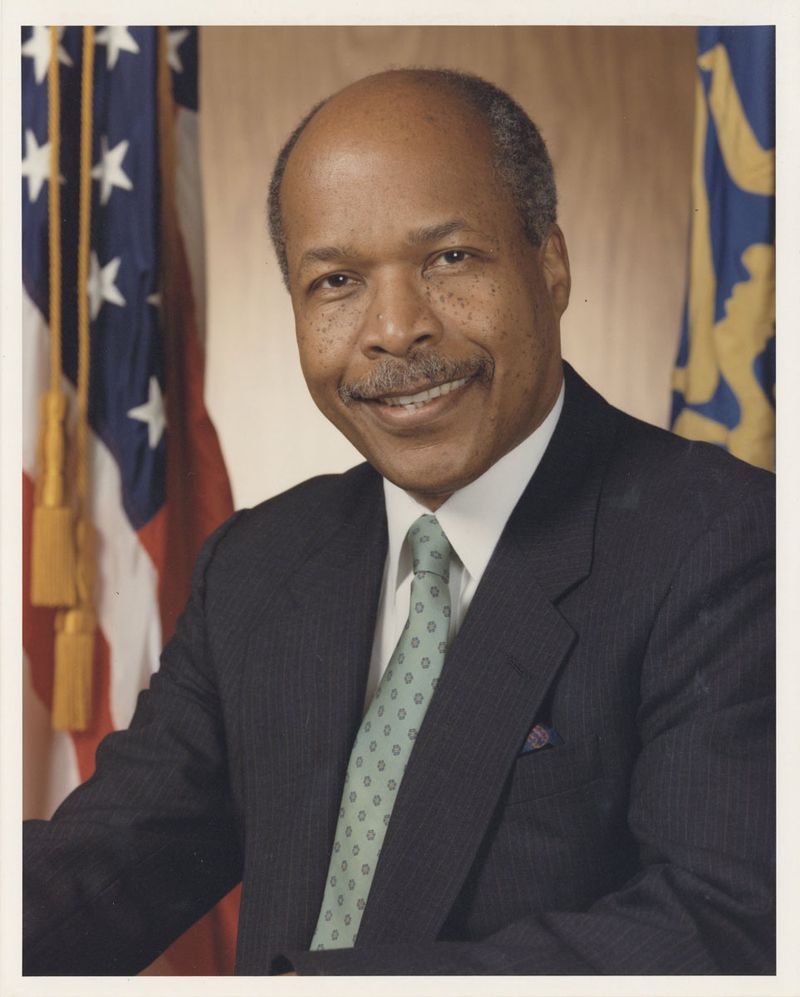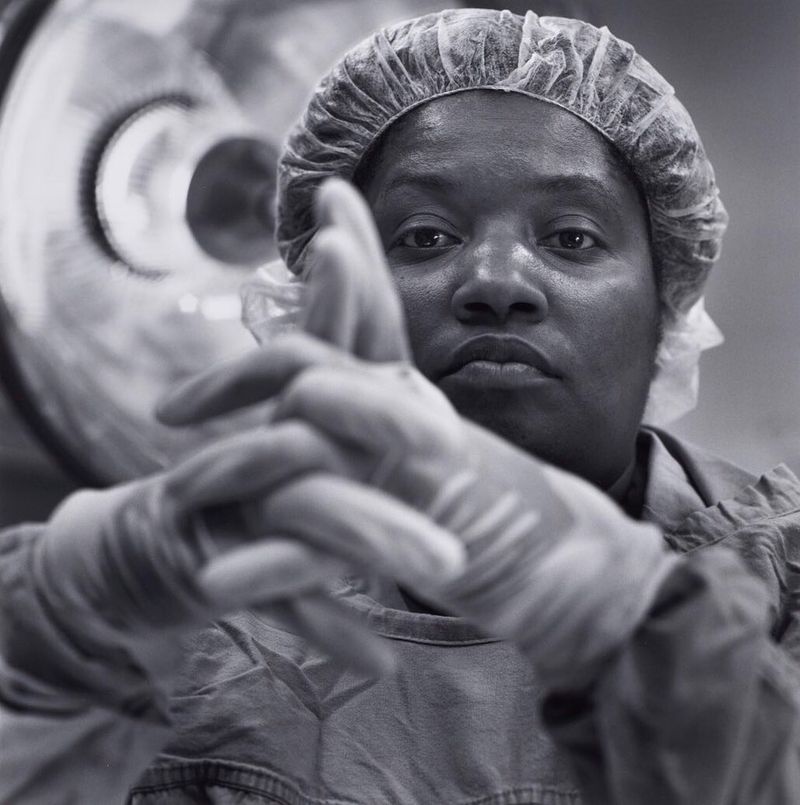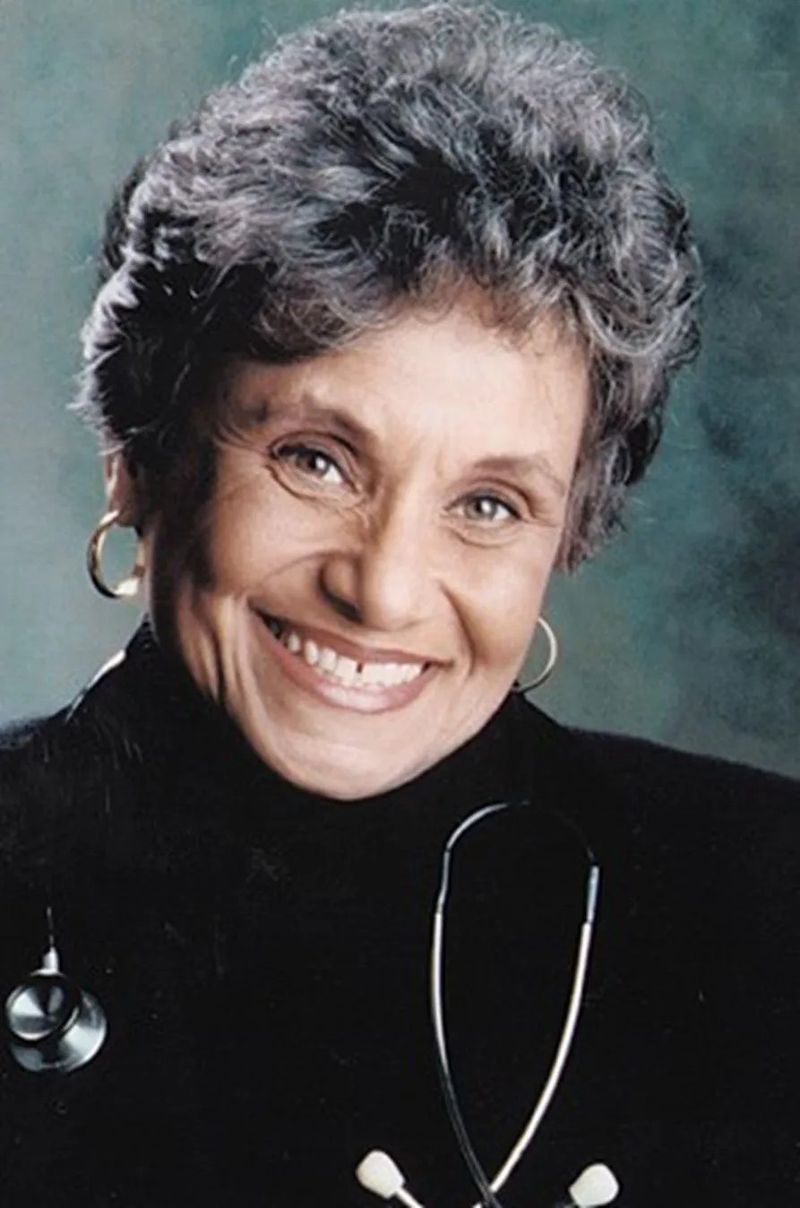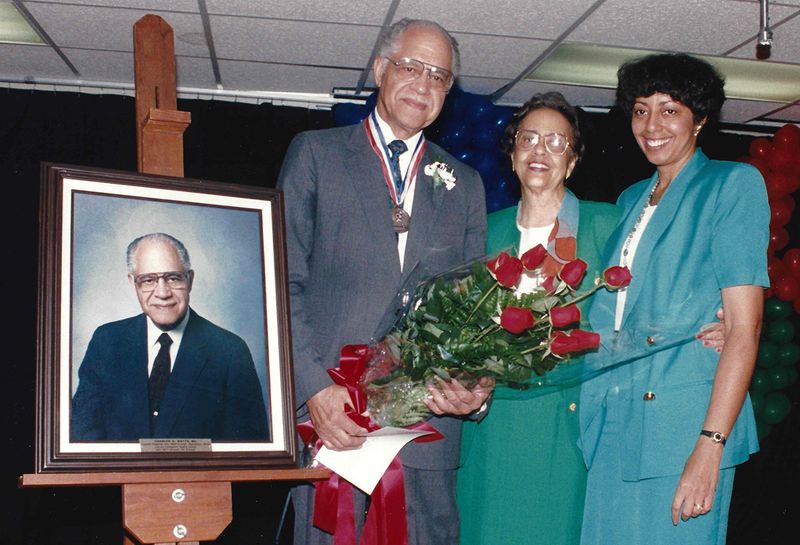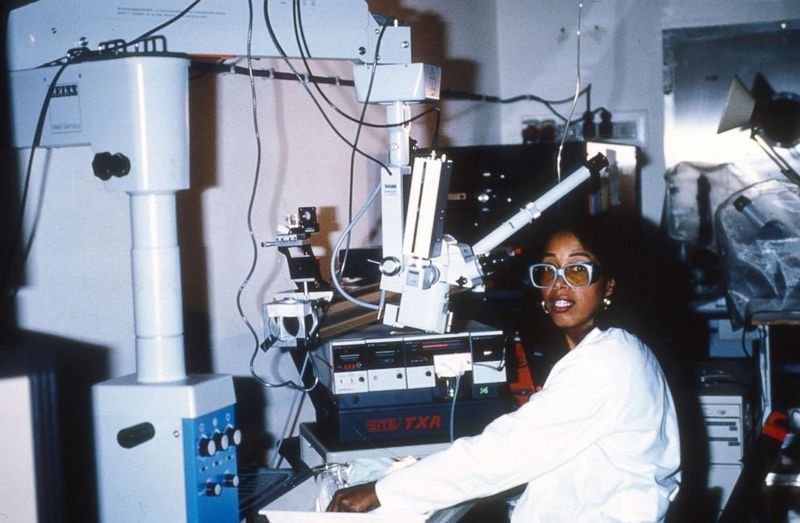Throughout history, Black medical pioneers have made groundbreaking contributions to the field of medicine, yet many of their stories remain untold. This article sheds light on ten extraordinary individuals whose achievements have been overshadowed by historical narratives. From debunking racial pseudoscience to pioneering heart surgeries, these trailblazers broke barriers and transformed healthcare forever. Their legacies continue to inspire and impact modern medicine, reminding us of the need to recognize and honor the diverse voices that have shaped our world. Here are the stories of ten Black medical pioneers history tried to erase.
1. Dr. James McCune Smith (1813–1865)
Dr. James McCune Smith, born into slavery, became the first Black American to earn a medical degree in 1837. After graduating from the University of Glasgow, he returned to the U.S. to fight against racial stereotypes and pseudoscience. Dr. Smith’s work debunked myths about race and intelligence, emphasizing equality.
He opened the nation’s first Black-owned pharmacy, serving both as a medical center and a haven for abolitionist discussions. His pharmacy was not just a business but a symbol of Black empowerment and resistance. His contributions to medicine and society were profound, yet largely unrecognized today.
2. Dr. Rebecca Lee Crumpler (1831–1895)
Dr. Rebecca Lee Crumpler was a pioneering force, becoming the first Black woman to earn a medical degree in the U.S. in 1864. Her book, “A Book of Medical Discourses,” published in 1883, remains a cornerstone in medical literature.
After the Civil War, she provided essential medical care to formerly enslaved individuals, highlighting her commitment to underserved communities.
Her work in Richmond, Virginia, was both challenging and vital, and she persevered in the face of skepticism and prejudice. Her legacy as a healer and author continues to inspire future generations of Black healthcare professionals.
3. Dr. Daniel Hale Williams (1856–1931)
Dr. Daniel Hale Williams, a visionary in the medical field, performed one of the first successful open-heart surgeries in 1893. He founded Provident Hospital, the first interracial hospital in the U.S., in 1891, which also served as a training ground for Black nurses.
His commitment to inclusive healthcare led to co-founding the National Medical Association in 1895, challenging the exclusionary practices of the American Medical Association.
Dr. Williams’ innovative approach and dedication to breaking racial barriers in medicine left an indelible mark on healthcare, paving the way for future generations to follow.
4. Dr. Charles Drew (1904–1950)
Dr. Charles Drew revolutionized the medical world with his groundbreaking work on blood plasma storage, a vital advancement for modern blood transfusions. His leadership in the Blood for Britain project during World War II saved countless lives and showcased his expertise.
Despite his success, Dr. Drew resigned from the American Red Cross due to their policy of segregating blood by race, a practice he vehemently opposed.
His legacy as a pioneer in blood banking and a courageous advocate for racial equality remains an inspiring testament to his vision and values.
5. Dr. Jane Cooke Wright (1919–2013)
Dr. Jane Cooke Wright, a trailblazer in chemotherapy, transformed cancer treatment with her innovative techniques. She was among the first to use patient biopsies to test drug efficacy, setting a new standard in personalized medicine.
Her pioneering work earned her the role of Associate Dean at New York Medical College in 1967, making her the highest-ranking Black woman in a U.S. medical institution at the time.
Dr. Wright’s contributions to cancer research and her commitment to diversity in medicine left an enduring impact, inspiring future generations of scientists and doctors.
6. Dr. Louis Wade Sullivan (b. 1933)
Dr. Louis Wade Sullivan’s vision led to the founding of the Morehouse School of Medicine in 1975, one of the few historically Black medical schools in the U.S. His tenure as U.S. Secretary of Health and Human Services from 1989 to 1993 underscored his commitment to public health.
Dr. Sullivan tirelessly advocated for diversity in medical education, recognizing the crucial role of representation in healthcare.
His leadership and dedication to improving health education and services have left a lasting legacy, influencing policies and inspiring countless future medical professionals.
7. Dr. Alexa Canady (b. 1950)
Dr. Alexa Canady broke barriers as the first Black woman neurosurgeon in the U.S., specializing in pediatric neurosurgery. Her innovative approaches saved countless children’s lives and established her as a leader in her field.
Despite facing racial and gender discrimination, Dr. Canady’s perseverance and skillful expertise earned her respect and recognition.
Her story of dedication and resilience continues to inspire those facing similar challenges, and her contributions to neurosurgery remain influential in advancing medical techniques and patient care.
8. Dr. Marilyn Hughes Gaston (b. 1939)
Dr. Marilyn Hughes Gaston’s groundbreaking research on sickle cell disease led to nationwide screening programs for newborns, transforming pediatric healthcare. Her leadership as the first Black woman to direct a U.S. Public Health Service bureau in 1990 marked a significant achievement.
Her dedication to healthcare access for underserved communities and her influential work in public health policy have left an indelible mark on medical practices.
Dr. Gaston’s commitment to improving health outcomes for marginalized populations continues to inspire public health initiatives and community-focused healthcare solutions.
9. Dr. Charles DeWitt Watts (1917–2004)
Dr. Charles DeWitt Watts was a pioneering surgeon and the first Black board-certified surgeon in North Carolina. He championed healthcare access for Black communities and worked tirelessly to integrate hospitals.
His efforts led to the establishment of health clinics that provided essential services to underserved populations, focusing on preventive care.
Dr. Watts’ legacy as a trailblazer in medical education and community health advocacy continues to resonate, inspiring new generations of medical professionals committed to equity and inclusion in healthcare.
10. Dr. Patricia Bath (1942–2019)
Dr. Patricia Bath, a pioneering ophthalmologist, invented the Laserphaco Probe, revolutionizing cataract surgery. Her innovative work restored vision for countless patients worldwide.
As the first Black woman to receive a medical patent, her contributions to ophthalmology broke new ground. Dr. Bath co-founded the American Institute for the Prevention of Blindness, advocating for eyesight as a basic human right.
Her legacy as an inventor, advocate, and leader in eye health continues to inspire future generations, highlighting the critical role of innovation in improving patient outcomes and advancing medical technology.
